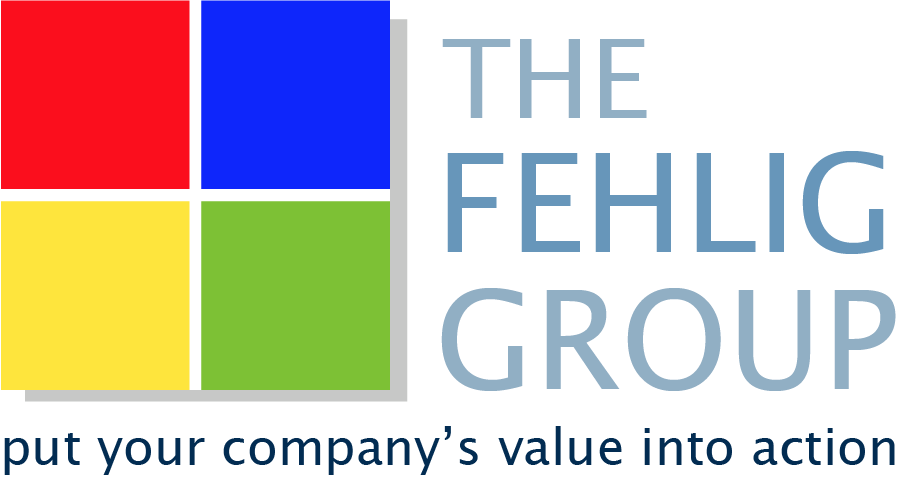



The Fehlig Group

Maryland, United States
February 2022
Management consultant - for-profits
Service with Minor Environmental Footprint
United States
The Fehlig Group is a woman-owned management consultancy that helps businesses succeed in applying their values to initiatives for a healthier planet, stronger communities and a more meaningful employee experience. For more than three decades, The Fehlig Group's “impact advisors” have guided companies in how to strategically assess, manage, and communicate their sustainable practices aka ESG – environmental, social and governance performance. Through the evolution of "corporate social responsibility" to "sustainability" to ESG, The Fehlig Group has helped companies of all sizes differentiate themselves from their competitors, and help local communities and their employees thrive. Serving clients ranging from multinational corporations to small, family-owned businesses, The Fehlig Group meets companies where they are in their current understanding and practice of ESG and sustainability. Their approach allows companies to follow their own sustainability journeys in ways that support their values, achieve business goals and meet the demands of their valued stakeholders – while increasing social impact and enhancing environmental protection.
Overall B Impact Score
Governance 12.2
Governance evaluates a company's overall mission, engagement around its social/environmental impact, ethics, and transparency. This section also evaluates the ability of a company to protect their mission and formally consider stakeholders in decision making through their corporate structure (e.g. benefit corporation) or corporate governing documents.
What is this? A company with an Impact Business Model is intentionally designed to create a specific positive outcome for one of its stakeholders - such as workers, community, environment, or customers.
Governance 12.2
Governance evaluates a company's overall mission, engagement around its social/environmental impact, ethics, and transparency. This section also evaluates the ability of a company to protect their mission and formally consider stakeholders in decision making through their corporate structure (e.g. benefit corporation) or corporate governing documents.
What is this? A company with an Impact Business Model is intentionally designed to create a specific positive outcome for one of its stakeholders - such as workers, community, environment, or customers.
Community 44.4
Community evaluates a company’s engagement with and impact on the communities in which it operates, hires from, and sources from. Topics include diversity, equity & inclusion, economic impact, civic engagement, charitable giving, and supply chain management. In addition, this section recognizes business models that are designed to address specific community-oriented problems, such as poverty alleviation through fair trade sourcing or distribution via microenterprises, producer cooperative models, locally focused economic development, and formal charitable giving commitments.
Environment 8.6
Environment evaluates a company’s overall environmental management practices as well as its impact on the air, climate, water, land, and biodiversity. This includes the direct impact of a company’s operations and, when applicable its supply chain and distribution channels. This section also recognizes companies with environmentally innovative production processes and those that sell products or services that have a positive environmental impact. Some examples might include products and services that create renewable energy, reduce consumption or waste, conserve land or wildlife, provide less toxic alternatives to the market, or educate people about environmental problems.
Customers 24.0
Customers evaluates a company’s stewardship of its customers through the quality of its products and services, ethical marketing, data privacy and security, and feedback channels. In addition, this section recognizes products or services that are designed to address a particular social problem for or through its customers, such as health or educational products, arts & media products, serving underserved customers/clients, and services that improve the social impact of other businesses or organizations.
What is this? A company with an Impact Business Model is intentionally designed to create a specific positive outcome for one of its stakeholders - such as workers, community, environment, or customers.